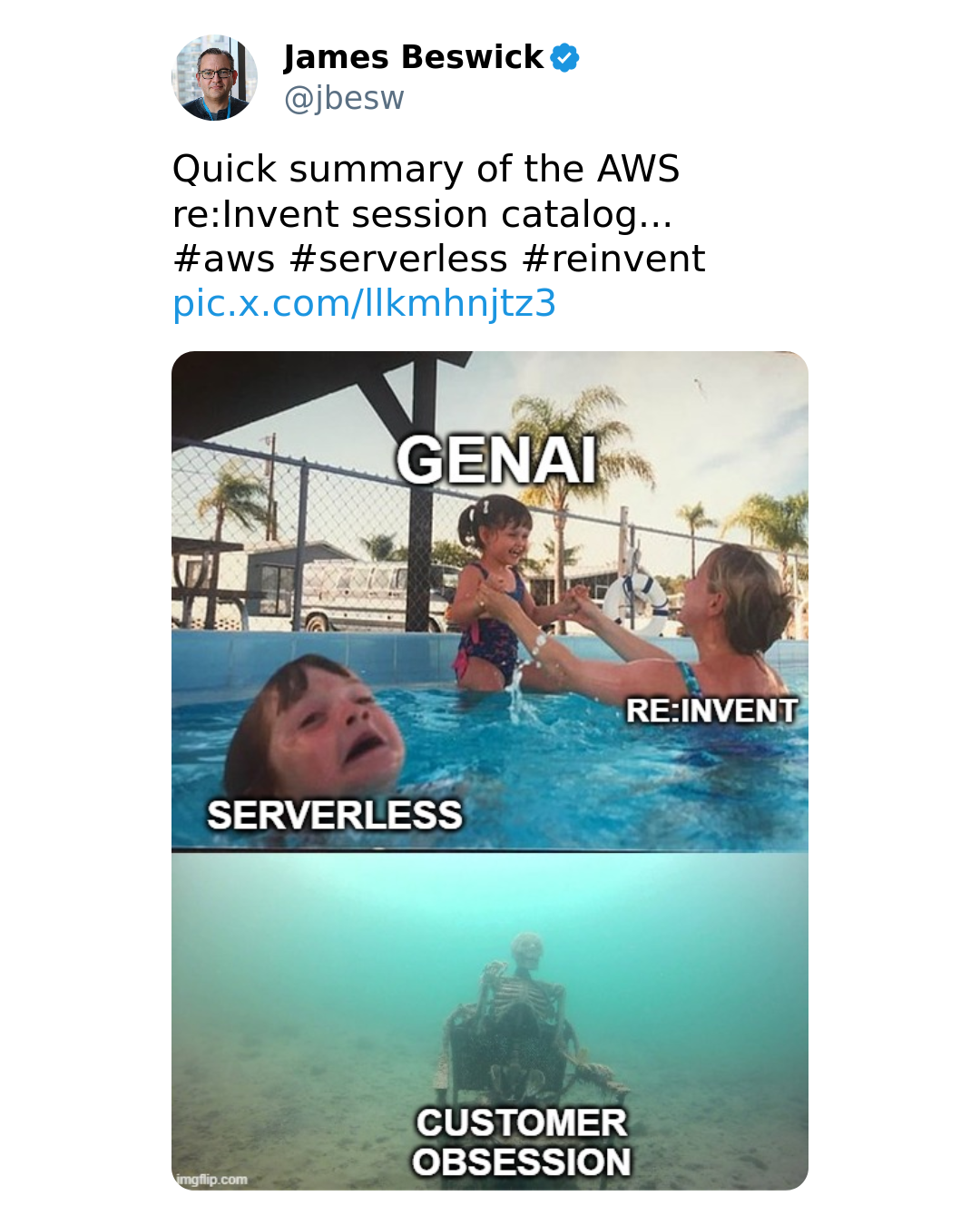Innovation under the radar
These days LLMs are capturing the lion's share of media, investor and corporate attention. Judging by the headlines and the gargantuan amounts of funding being mobilized, one would almost think that the tech sector completely pivoted to this technology.

Fortunately1 that is not the case, and there is a lot of interesting work being done on data, cloud infrastructure, networking and developer tooling. In this post I am going to go through some of the companies and product announcements that caught my attention, but may otherwise have slipped under the radar.
AWS S3 supporting conditional writes2 is a big deal as it will simplify the adoption of open table formats. While formats like Apache Hive were used for analytical use cases, newer formats like Apache Iceberg and Delta Lake offer a broader range of operations and ACID semantics. This allows for more robust ETLs (e.g. rollback) and moves us closer to a world where data storage is decoupled from query execution and where tools like DuckDB have been making some waves.
Cloud Infrastructure
Cloudflare continues to increase its capabilities and is starting to look like a very interesting platform to develop on. Recently they had a bunch of very exciting announcements, in particular:
- Durable objects with a full SQL query interface3, which basically adds a full in-process SQLite database to their serverless workers.
- Ability to run containers in Cloudflare's platform4, which offers global availability, instead of the traditional approach of running your workload in one region and then replicating the work for any additional regions.
In the space of infrastructure it's also worth keeping an eye out for Oxide Computer5. While a lot of workloads operate on public clouds, the underlying rental model has issues from latency to costs past a certain scale (soaring IO and networking bills come to mind), so Oxide set about redesigning your good old rack system to provide a development experience closer to what you get on a public cloud - exciting stuff!
Networking
I also briefly touched on Tailscale in my previous post6, and I think the ability to securely share services and applications over a network with little fuss is a very compelling argument, and the developer experience was super nice.
Developer tooling
The fine folks from the System Initiative7 have gone live with their devops automation tool, which aims to address the crappy feedback loops that plague DevOps work (e.g. wait 20 minutes for your AWS RDS to provision only for it to fail due to some bad config in your infrastructure as code). Their approach hinges on the use of simulation to improve the feedback loops and remove the complexity of having to know your infrastructure (e.g. AWS) but also the tools that allow you to operate on that infrastructure (e.g. Terraform), which is a super valid problem.
Footnotes
-
I used the word "fortunately" because while there are definitely interesting applications for LLMs (e.g. conversational interfaces), it is currently massively subsidized (e.g. OpenAI operates at a loss), capital intensive and built on a foundation of massive ingestion of copyrighted content, which is morally questionable at the very least. To top it all up, we have all sorts of promises about the capabilities of these tools and a pinch of corporate intrigue to spice things up (just look at what's happening behind the scenes in OpenAI). Long story short, there is a lot here to capture people's imaginations with very little objective discussion of the actual capabilities of the technology and, perhaps more importantly the broader implications of its use. ↩
-
Our container platform is in production. It has GPUs. Here’s an early look ↩
